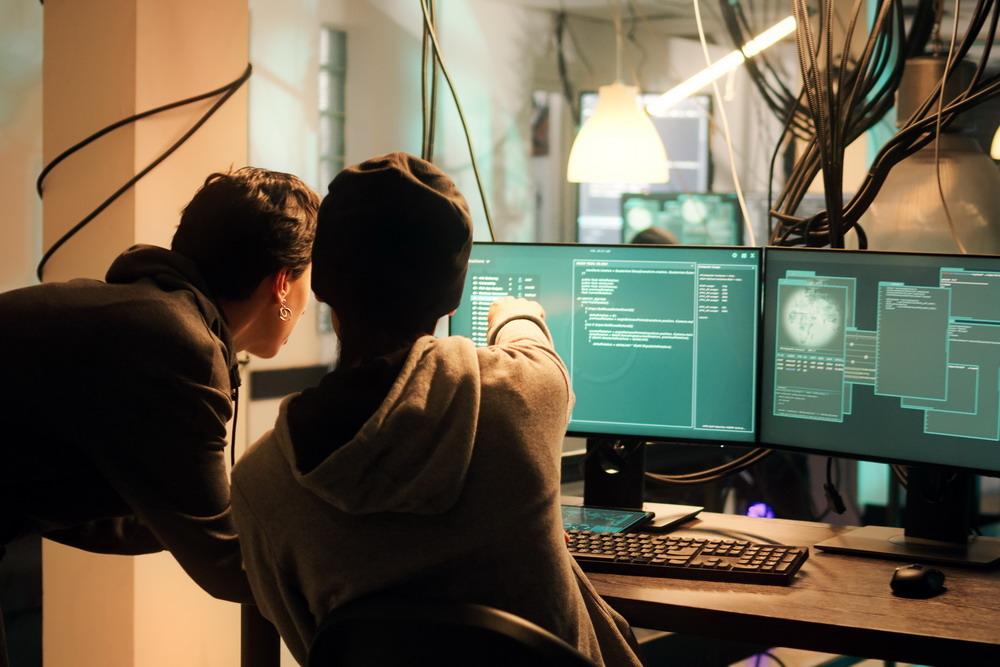Working from home was a dream that many people were unable to pursue due to policies in their workplaces. Today, it looks like many IT companies recognize the possibility of carrying their workload online, without the necessity for face-to-face meetings. The integration of remote work only grew with the devastating COVID-19 pandemic. Sadly, while working from home offers significant benefits to employees and employers alike, some threats need to be considered.
You would have professional teams of people dealing with cybersecurity at the office, but when you work at home, you have to do it yourself. According to Atlas VPN, employers can preserve their financial resources by integrating remote work in their companies. By 2025, businesses could save up to 4.5 trillion dollars because of employees working from home. Since the working-from-home model might be here to stay, here are some tips that will protect you from threats when staying home.
Get the latest antivirus software

Like it or not, you must get a high-end antivirus program. Quality antivirus software does not come free, so you’ll have to spend some money on that. Without a proper antivirus, malware attacks could compromise your PC and, through it, infect the company’s systems as well. It’s always better to be safe than sorry. Hence, business owners also need to consider supplying antivirus software to their employees. Craft clear-cut policies for working from home, and do not forget to include the use of an antivirus program.
Keep your system and programs up to date

Hackers are one of the biggest reasons why systems and programs get regular updates. Crooks always find ways to compromise software, and the companies behind it work hard to close these security gaps. You should make sure that your system and programs are up to date. If you don’t want to update everything manually, allow auto-updates in the settings. In case you ignore regular updates, you should know that you are using an outdated OS or a program, potentially full of vulnerabilities.
Protect your home network with a password

This one goes without saying, but many people still think that they don’t need a password for their home Wi-Fi. However, according to The Guardian, all Wi-Fi connections can be hacked. If crooks get ahold of your connection, they can lock you out of your home network. In other cases, they might monitor your online activities, steal credentials, and other personal information. Navigate to your router’s page and replace the default password. Try adding symbols and numbers to your password to make it harder to guess.
Get a VPN service

VPN services are designed to protect your digital identity and browsing activities. Atlas VPN encrypts all information that leaves your computer. Additionally, it might prevent you from visiting malicious websites. As a result, no one will be able to access the data transmissions you initiate. Furthermore, make sure you always use a VPN when connecting to public Wi-Fi. While free Wi-Fi spots are tempting, remember that anyone can connect to them. Hackers could be using special devices to intercept connections and monitor users’ online behavior.
Don’t share your screen

Screen sharing can be very practical during online meetings, but it can also be misused by hackers. If you want to share your screen with someone, make sure you close all windows. If you don’t do that, you might share some information you didn’t want to, and other people can use that against you. When sharing screens, make sure you only share what you need.
Look out for COVID-19 scams

Of course, hackers see the COVID-19 pandemic as a perfect opportunity to wreak havoc around the world even more. Forbes had reported the increase in such scams back in April, and their number is apparently still growing. Crooks create all kinds of emails with suspicious links related to COVID-19, hoping that people will click on them. Netizens that do fall for these scams might suffer financial or data losses. So, if you see any email related to the virus, be very careful about how you react it. The best solution is to check all the information listed in the email letter.
Don’t share any personal information online

You should avoid sharing personal information on social media and emails. If you have to include such information, contact the person asking for it to make sure that it’s not a case of phishing. Social media already contains a tremendous amount of personal data. Con artists might use such data to craft highly convincing scams. Click here to find out more about social engineering and the most prevalent scams. Therefore, set your social media accounts to private. Also, bear in mind that you should not be too open online: everything you post can backfire.
Avoid using random USB drives

Some malware attacks are made through questionable USB drives. They can stay hidden among files, and the moment you plug in an infected USB into your PC, the malware will download automatically. That’s why you should only use your own USB drives, or those provided by your employer. Companies frequently provide their employees with special USB drives to make sure that all data transfers go smoothly.
The Bottom Line
As you can see, most of the tips on this list are nothing new, but many still choose to ignore them. Take all the necessary steps to protect your digital identity and employer from suffering significant losses. If you want your home office to offer the same security level as in the office, do not disregard these recommendations.





